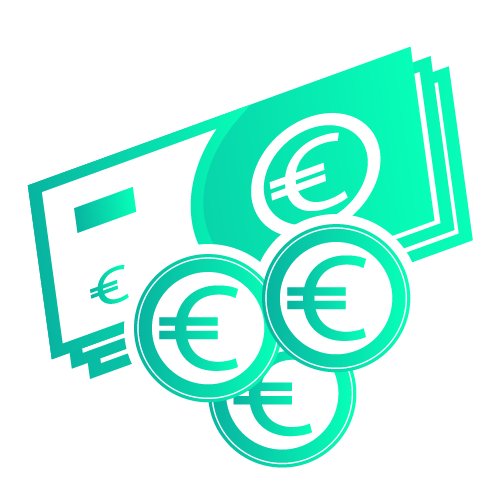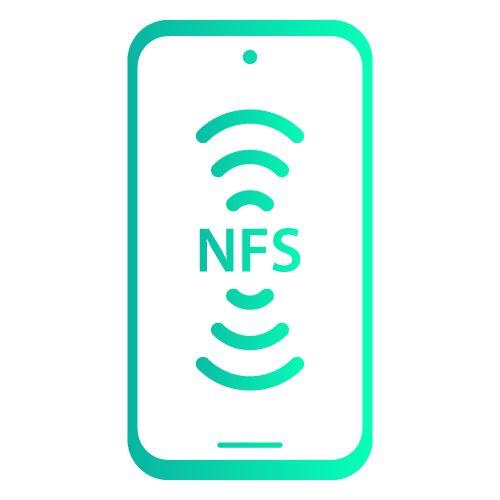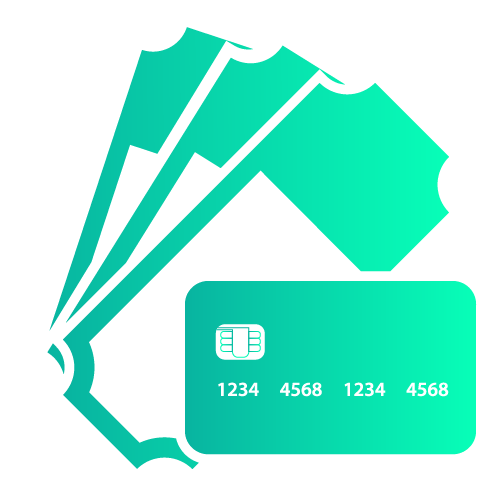
About the company
LLC 'PayTicket' is a Latvian high-tech company founded in 2020. We specialise in the implementation of electronic fare collection systems in public transport, helping to optimise operations and increase efficiency.

Mission
We work to promote the use of non-cash payments that are safer and more environmentally friendly, in line with our company's core values of ‘green thinking and sustainable living’.

Vision
To become the leading provider of public transport ticketing systems in the Baltic States and Eastern Europe, offering innovative ticketing solutions tailored to passengers' needs.

Goal
To provide fast, convenient, innovative and secure non-cash payments in public transport, improving both the passenger experience and the operational efficiency of operators.
Description of services
We make public transport tickets available for purchase using a variety of payment methods to suit different customer needs:

Cash

Bank card

QR code
tickets containing a certain number of journeys

SMS
for single ticket purchase

NFC
application via mobile phones for all ticket types

Multi-journey and season tickets
linked to a bank card or a resident's card
We currently provide ticket sales on Latvian regional and intercity bus routes in the following cities: Ādaži, Saldus, Kuldīga, Jūrmala, Jelgava, Madona. Our non-cash payment systems include PAX A920MAX payment terminals and PAX IM30 devices for journey registration using e-tickets.
Environmentally friendly and sustainable solutions
Riga is the first European capital to join the Covenant of Mayors in 2008, pledging to reduce CO2 emissions by 20% by 2020. Currently, transport generates 42% of the total CO2 emissions in the city. Our challenge is to reduce emissions even though the number of vehicles on the road is increasing. According to "Latvijas Zaļais punkts" data, paper, cardboard and waste paper make up a significant part of household waste. This amount varies from country to country, but it can reach up to 40% of the total volume of solid waste. Paper production requires wood – 1 ton of pulp requires 3.5 tons of wood, while one ton of waste paper protects about six trees. By recycling paper, we save not only wood, but also energy – the first production of paper requires 30,900 MJ of energy, while recycled paper requires only 18,100 MJ. Paper waste can be easily recycled and decomposes quickly in nature. We want to "let the trees live" by offering electronic payment methods and motivating customers to use cashless payments, thus contributing to a sustainable and environmentally friendly future.
Team portfolio
20 years of experience in the management and data analysis of public transport, 10 years of experience in the maintenance of POS solutions for passenger transport and 6 years of experience in the programming of payment systems and applications. Employees at all levels of the company are aware that the information obtained must be protected at the highest level of security. Information stored in the electronic environment is managed in accordance with the principles of integrity, confidentiality and availability, in compliance with the legal framework and using risk assessment methods.